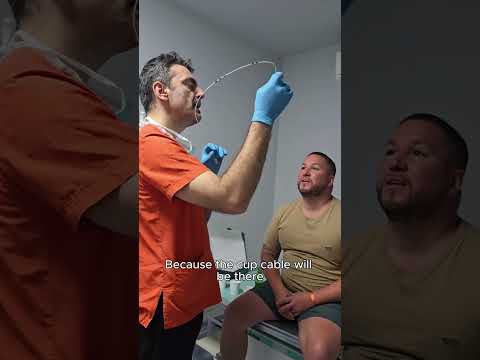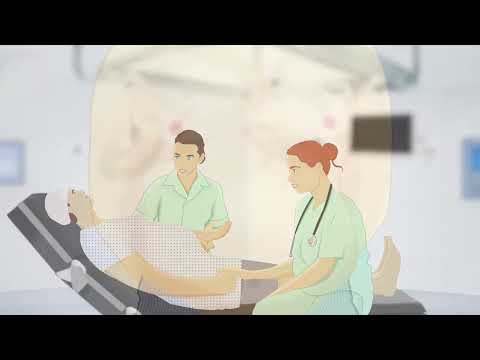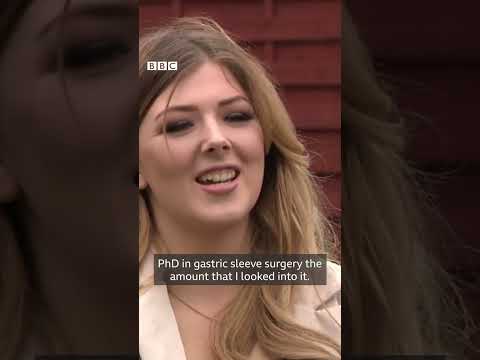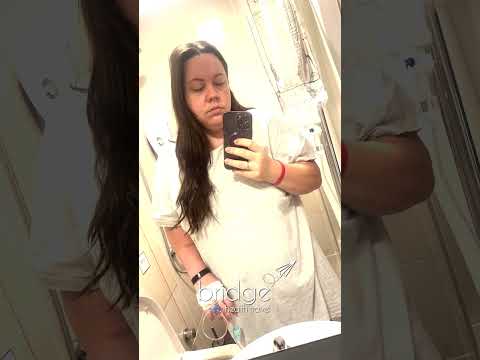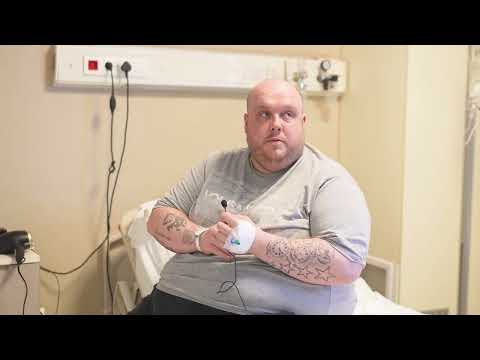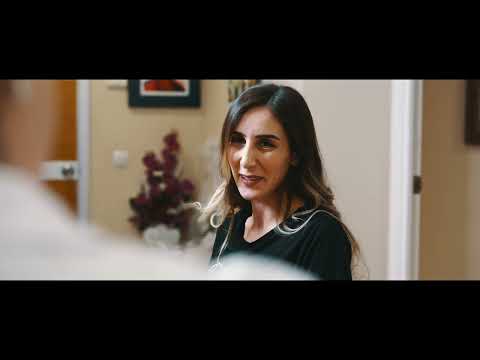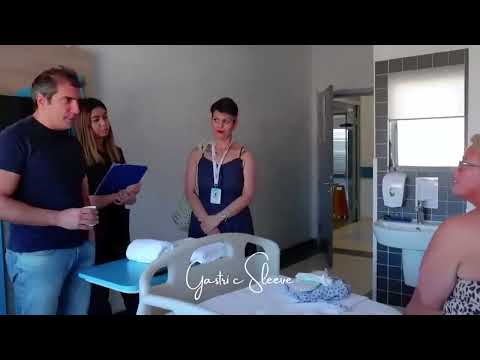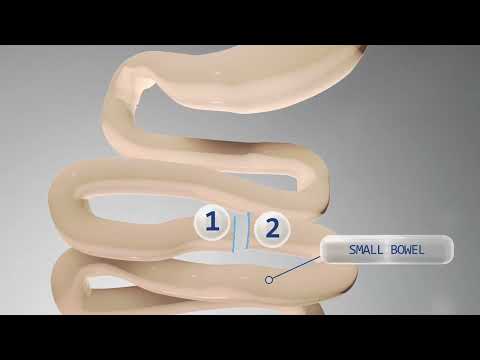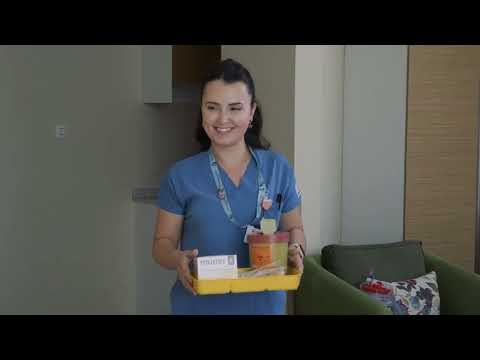Gastric Sleeve in Turkey || Look Better, Feel Better!
Calculate Your Cost / Price
Why do people consider Turkey for Mini Gastric Bypass?
Gastric Bypass Vs Sleeve in Turkey, Mini Gastric Bypass Procedure in Antalya Turkey
People consider Turkey for several reasons:
- Historical and Cultural Significance: Turkey is known for its rich history and cultural heritage. It has been home to various civilizations, including the Byzantine Empire and the Ottoman Empire, which have left a lasting impact on the country. Turkey boasts numerous historical sites and landmarks, such as the ancient city of Ephesus, the Hagia Sophia, and the Topkapi Palace, which attract tourists and history enthusiasts.
- Geographical Location: Turkey is located at the crossroads of Europe and Asia, making it a unique destination with a blend of Eastern and Western influences. Its strategic location has played a significant role in shaping its history and culture. It offers diverse landscapes, including stunning coastlines, mountains, and unique geological formations like the fairy chimneys in Cappadocia.
- Natural Beauty: Turkey is renowned for its natural beauty, with picturesque landscapes that appeal to nature lovers. It boasts stunning beaches along its Aegean and Mediterranean coasts, such as Bodrum and Antalya. The country is also home to breathtaking natural wonders like Pamukkale's terraces, the surreal landscapes of Cappadocia, and the majestic Mount Ararat.
- Culinary Delights: Turkish cuisine is highly regarded worldwide for its delicious flavors and diverse dishes. From kebabs and mezes (appetizers) to baklava and Turkish tea, the country offers a wide range of culinary delights. Istanbul, in particular, is famous for its vibrant food scene, with bustling markets like the Grand Bazaar and Spice Bazaar offering an array of local delicacies.
- Hospitality and Tourism Infrastructure: Turkey has a well-developed tourism infrastructure, with a wide range of accommodations, transportation options, and tourist services. The country has been actively promoting tourism and welcoming visitors from around the world. Turkish people are known for their hospitality and friendly nature, making tourists feel welcome and comfortable during their stay.
- Affordable Travel: Turkey offers good value for money compared to many other tourist destinations. The cost of accommodations, food, and transportation is relatively affordable, making it an attractive option for budget-conscious travelers.
- Unique Experiences: Whether it's hot air ballooning over Cappadocia, enjoying a traditional Turkish bath (hammam), exploring ancient ruins, or sailing along the Turquoise Coast, Turkey provides a wide range of unique experiences that cater to various interests and preferences.
- It's important to note that people consider Turkey for a combination of these factors, and the specific reasons may vary from person to person.
Is it safe to have gastric sleeve surgery in Turkey? How can you be sure?
The safety of gastric sleeve surgery, or any medical procedure, in Turkey or any other country depends on various factors, including the expertise of the medical professionals, the quality of healthcare facilities, and adherence to safety standards and protocols. While Turkey has gained recognition as a popular destination for medical tourism, it's essential to exercise caution and conduct thorough research before making a decision.
To ensure the safety of gastric sleeve surgery in Turkey, consider the following steps:
- Research the Surgeon and Medical Facility: Look for experienced surgeons who specialize in bariatric surgery and have a good track record. Review their qualifications, experience, and patient reviews. It's advisable to choose a surgeon affiliated with a reputable medical facility that meets international standards.
- Accreditation and Certifications: Check if the hospital or clinic where the surgery will take place is accredited by reputable organizations or has international certifications. These certifications indicate that the facility meets specific quality and safety standards.
- Consultation and Communication: Schedule a consultation with the surgeon before making any decisions. Use this opportunity to discuss your concerns, ask questions about the procedure, and understand the risks and potential complications. Ensure that the surgeon and medical staff communicate clearly and provide you with all the necessary information.
- Verify the Surgeon's Credentials: Confirm the surgeon's credentials and whether they are registered with relevant medical boards or associations. You can verify this information through the respective medical regulatory bodies or professional organizations.
- Patient Testimonials and Reviews: Look for patient testimonials and reviews about gastric sleeve surgery experiences in Turkey. Online platforms, forums, or dedicated medical tourism websites may provide insights and feedback from previous patients. However, exercise caution and rely on reliable sources for authentic reviews.
- Consider a Medical Tourism Facilitator: If you're unfamiliar with the medical system in Turkey, you may consider working with a reputable medical tourism facilitator. They can help you find qualified surgeons, arrange appointments, coordinate your travel and accommodation, and provide guidance throughout the process.
- Consult with Your Own Healthcare Provider: Discuss your plans with your local healthcare provider or primary care physician. They can offer insights, advice, and ensure that you are a suitable candidate for the surgery. They may also provide recommendations or suggest alternatives closer to your home if deemed appropriate.
- Travel and Insurance Considerations: Evaluate travel logistics, including visa requirements, flight arrangements, and insurance coverage. Ensure that you have adequate travel insurance that covers medical emergencies and potential complications related to the surgery.
- It's crucial to weigh the potential risks and benefits associated with medical tourism and make an informed decision based on thorough research, professional advice, and your personal circumstances.








